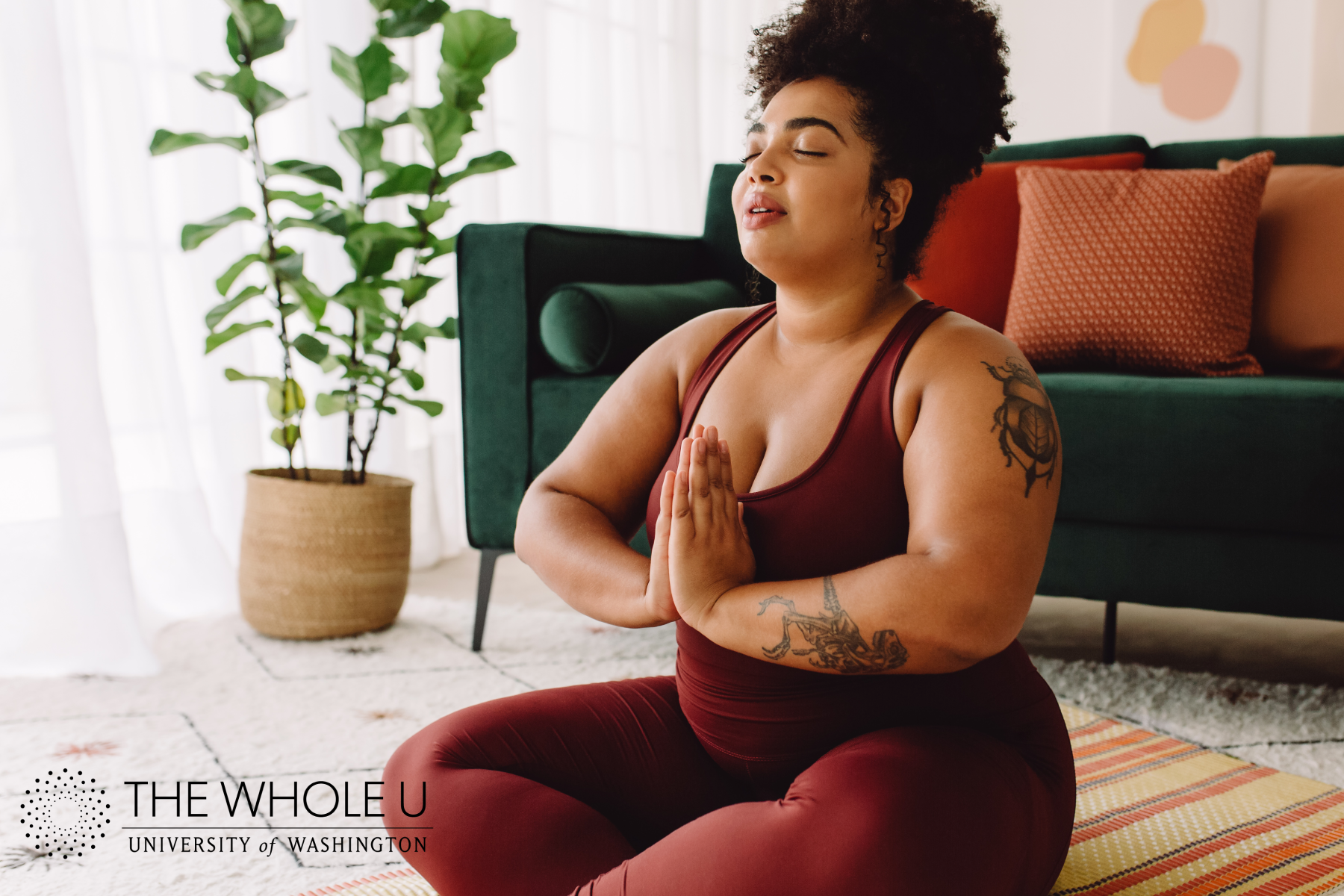
Yoga for Resilience
Yoga is a powerful tool for developing and strengthening resilience.
We all face trauma, adversity, and other life stresses. On top of living through a global pandemic, an ever-changing global climate, rocky political landscapes, and more, it can sometimes feel like these days are heavier than others. The weight we are all carrying is bearing down on us, leaving us exhausted and worn by the end of the day.
So how can we build resilience? Is resilience something we are born with, or can it be cultivated? While there are some people who are born with more resilient traits than others, we can also cultivate and strengthen resiliency with practice and awareness.
What resilience is and is not
Resilience is defined as the process of adapting well in the face of adversity, trauma, tragedy, threats, or significant sources of stress. As much as resilience involves bouncing back from difficult experiences, it can also involve profound personal growth. While adverse events are painful and difficult, they do not have to determine the outcome of your life.
There are many aspects of your life you can modify, control, and grow with. This is how resilience works within us. Becoming resilient not only helps us overcome challenges, it also empowers us to grow and improve our lives along the way.
Being resilient doesn’t mean that a person won’t experience difficulty or distress. The road to resilience is likely to involve considerable emotional distress. Resiliency involves behaviors, thoughts, and actions that anyone can learn and develop. Like building a muscle, increasing your resilience takes time and intentionality. The practice of yoga is a perfect tool to build our strength. By connecting with our bodies, mind, and spirit, we can learn to build resilience.
Connecting with our bodies
Taking care of our bodies is a legitimate practice for mental health and building resilience. This is because stress is just as much physical as it is emotional. Implementing positive lifestyle factors like proper nutrition, ample sleep, hydration, and regular exercise can strengthen your body to adapt to stress and reduce the toll of emotions like anxiety or depression.
 Yoga is a wonderful physical practice that can help us connect with our physical bodies through asanas (poses) and vinyasas (flows/sequences). The poses and sequences taught in yoga can have innumerable benefits, from back pain relief to anti-aging effects.
Yoga is a wonderful physical practice that can help us connect with our physical bodies through asanas (poses) and vinyasas (flows/sequences). The poses and sequences taught in yoga can have innumerable benefits, from back pain relief to anti-aging effects.
Ready to give yoga a try? Try this gentle yoga class for hope and healing
Yoga’s physical postures, breath control, and concentration help to build resilience. The physical postures involve forward, backward, and lateral bends that not only stretch our muscles but also massage our internal organs and endocrine glands, leading to down-regulation of the sympathetic nervous system.
Making connections
Meditation, mindful journaling, other spiritual practices can also help people build connections and restore hope. These, in turn can prime us to deal with situations that require resilience. When you journal, meditate, or pray, ruminate on positive aspects of your life, you are engaging in practices that have been shown to improve brain function, enabling our brain to develop new neural pathways and improved positive thought patterns.
Learn more: The benefits of practicing yoga (Amity Neumeister, Resident Director of the UW Rome Center and owner, Zem Yoga Studio, Rome)
Throughout this Yoga Month, join us for opportunities to connect, practice, and build resilience. Check out our upcoming classes and seminars below:
Monday Meditation
Monday, Oct. 24
10 a.m. – 10:10 a.m. / ZoomMonday Yoga Break with UW Recreation
Monday, Oct. 24
11 a.m. – 11:15 a.m. / ZoomTuesday Yoga Break with The Whole U
Tuesday, Oct. 25
11 a.m. – 11:15 a.m. / ZoomUW Yoga Month – Return to Basics with Tao Zheng at the HUB
Tuesday, Oct. 25
5 p.m.-6 p.m. / HUB
We look forward to connecting with you!